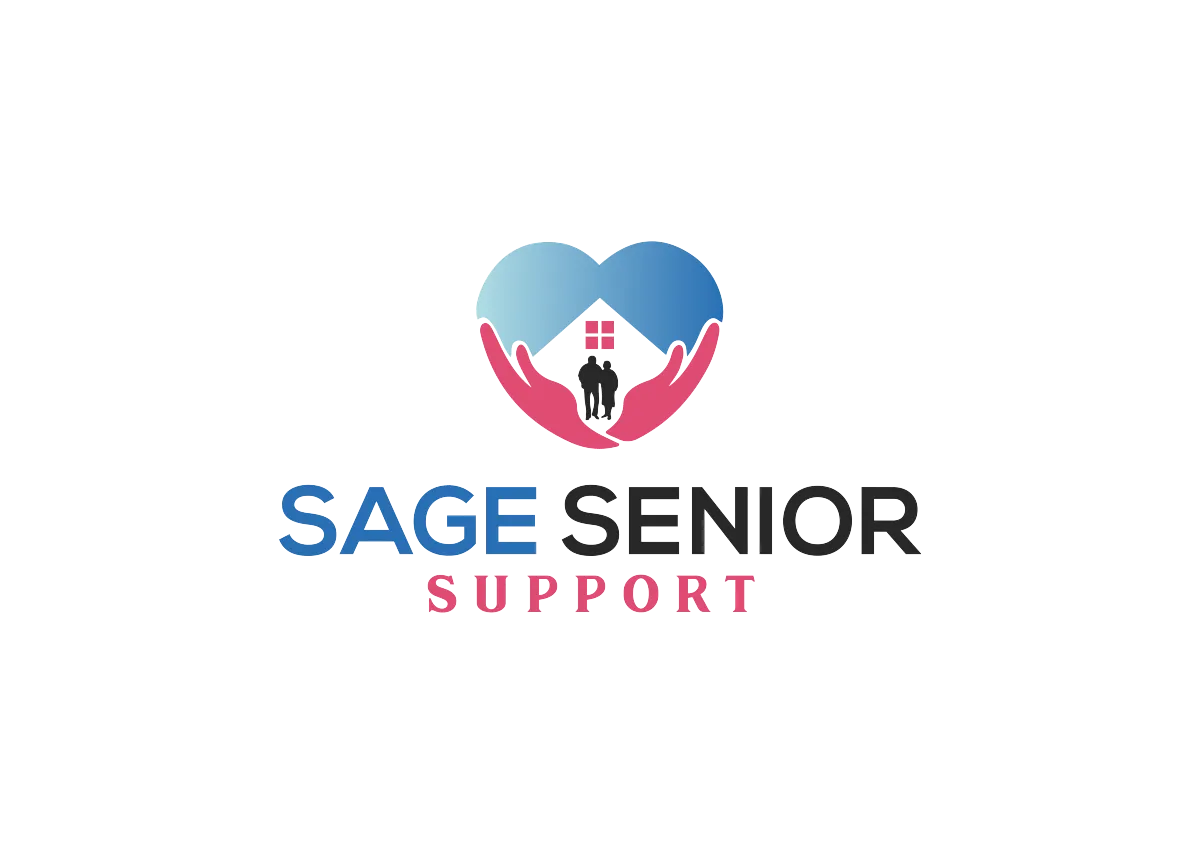Blog
COMPLIMENTARY REFERRAL SERVICE
We Help You Navigate The
Senior Living Landscape
Compare Options. Get Clarity. Save Time. Reduce Stress

How a Reverse Mortgage Can Help Your Aging Parents Age in Place
“A reverse mortgage, now referred to as a Home Equity Conversion Loan, can be a valuable tool for aging parents looking to age in place.” - Logan Hassinger
How a Reverse Mortgage Can Help Your Aging Parents Age in Place
As our parents age, it becomes increasingly important to consider their living situation and ensure they have the resources they need to comfortably and safely continue living in their own home. For many families, the idea of utilizing a reverse mortgage, now known as a Home Equity Conversion Loan, to help their elderly loved ones age in place, can be a viable option. In this editorial piece, we will delve into what is a reverse mortgage, how it works, and the pros and cons associated with this financial tool.

What is a Reverse Mortgage?
Formerly known as a reverse mortgage, a Home Equity Conversion Loan (HECM) is a type of loan that allows homeowners aged 62 or older to convert a portion of their home equity into cash. Unlike a traditional mortgage where the borrower makes monthly payments to the lender, with a reverse mortgage, the lender makes payments to the borrower.
To be approved for a reverse mortgage, homeowners must undergo required counseling to ensure they understand the terms and obligations associated with the loan. This counseling is in place to protect the interests of the borrower and ensure they are making an informed decision about utilizing this financial tool.
To assist aging parents in understanding the requirements of the loan, below is a simple checklist:
- The applicant must be 62 years of age or older.
- The home must be the applicant's primary residence.
- The applicant must undergo mandatory counseling from a HUD-approved counselor.
- The home is required to meet certain FHA standards.
- The homeowner must demonstrate financial capability to meet obligations such as taxes and insurance.
How Does a Reverse Mortgage Work?
A reverse mortgage works by allowing homeowners to access their home equity without having to sell their home. The loan is typically repaid when the borrower sells the home, moves out permanently, or passes away. The amount that can be borrowed is based on factors such as the borrower's age, the appraised value of the home, and current interest rates.
Pros and Cons of a Reverse Mortgage
As with any financial decision, there are both positive and negative aspects to consider when it comes to utilizing a reverse mortgage to help aging parents age in place.
Pros:
1. Supplemental Income: A reverse mortgage can provide elderly homeowners with a much-needed source of supplemental income to cover expenses such as healthcare, home maintenance, or other living costs.
2. No Monthly Payments: With a reverse mortgage, borrowers are not required to make monthly payments on the loan. This can provide financial relief for those on a fixed income.
3. No Risk of Losing the Home: As long as the borrower continues to meet the loan requirements, they can remain living in their home without the risk of foreclosure.
Cons:
1. Costs and Fees: Reverse mortgages often come with upfront costs and fees, such as closing costs and mortgage insurance premiums, which can eat into the equity of the home.
2. Impact on Inheritance: The loan balance of a reverse mortgage will need to be repaid when the borrower passes away, which can impact the inheritance left to heirs.
That said, an important recent update to the HECM program is the inclusion of mortgage insurance in the loan. This key feature eliminates the risk of the loan amount ever exceeding the home's value, protecting both borrowers and their heirs from going underwater.
In conclusion, a reverse mortgage, now referred to as a Home Equity Conversion Loan, can be a valuable tool for aging parents looking to age in place. However, it is essential for families to weigh the pros and cons carefully and consider all aspects of the loan before making a decision. By becoming informed about what is a reverse mortgage, how it works, and the associated risks, families can make a more educated choice about whether this financial option is suitable for their loved ones.
A FREE RESOURCE FOR YOU AND YOUR FAMILY
Expert Unbiased Advice
At No Cost To You
Check out this "Ask The Expert" Session with Logan Hassinger of Sage Senior Support
TESTIMONIALS
What our clients are saying
Providing The Best Holistic
Approach to Senior Transitions
By using our websites and any content you agree to the terms of use and will not hold Sage Senior Support responsible for any results or lack thereof.



Facebook
Instagram
LinkedIn
Youtube
TikTok